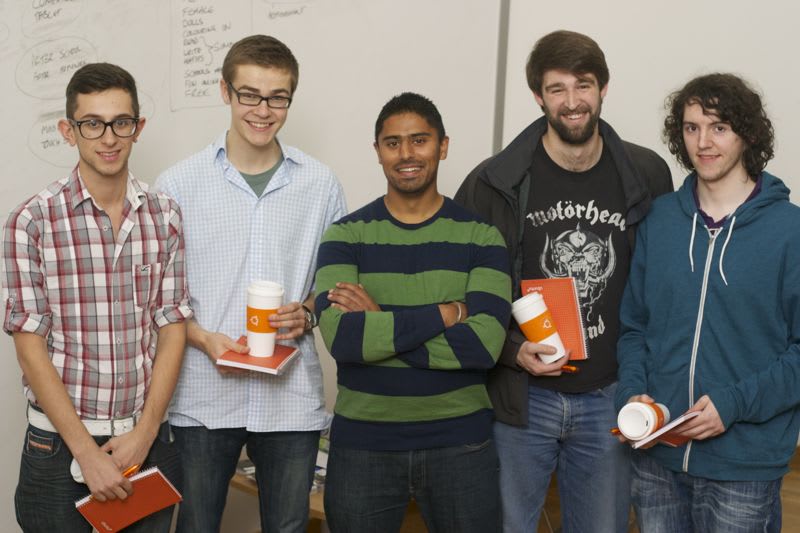Back to Lecturing for the day
Canonical
on 5 November 2012
Tags: Design
In my last post, I spoke about my transition from academia to industry. One thing that I felt I would miss were the opportunities to speak to students, and watch their progression throughout the year. So when I was asked to go back to the University to give a talk, I jumped at the chance.
So I prepared what I was going to talk about and set off to the School of Computing at the University of Dundee to meet these talented students. My first job was to help assess their group pressure projects which they had been tasked with the week before. The theme was educational games. Over the next 2 hours, I sat and was amazed by what the groups had produced in such a short period of time.
Several things frustrated me however.
Each group had 3 minutes to present their game and explain what they did. But they all focussed on showing gameplay and illustrated some of the code that they used. A number of groups stood up and highlighted that they felt their game wasn’t very good because they didn’t have strong coders in their team. When I asked them questions about the processes that they had been through before coding, they all showed evidence of brainstorming, wireframing and design. My biggest issue however was that most of the groups started coding before they considered who the user would be, and therefore, they considered a user to meet the code, rather than producing the code for a specific user.
So this lead me to change what I wanted to talk to them about, and I did an interactive session with the 80 odd students to develop a user profile for the remit they had been given. We looked at who the user group was, what were the characteristics of this user, where would they want to play the game, why they would want to play the game and how they would play the game. We brainstormed on a whiteboard and agreed on which attributes to keep, and which to remove. This was all done in half and hour. The students really took on board the importance of considering the user, and how quickly it could be done for the projects that they would be presented with going forward in their education.
It was the most enjoyable lecture that I had ever taken, and I look forward to doing it again soon.
On another note, later that evening I made my triumphant return to the land of stand up comedy. I was invited back to do Bright Club Dundee having performed last year. It was great fun to do, even though I don’t think I’ll be looking at a change in career anytime soon! Below is a photo of the performers….you can quite clearly see the fear in our eyes!
If you want to see my set (which contains strong language and little humour) then follow this link.
Talk to us today
Interested in running Ubuntu in your organisation?


